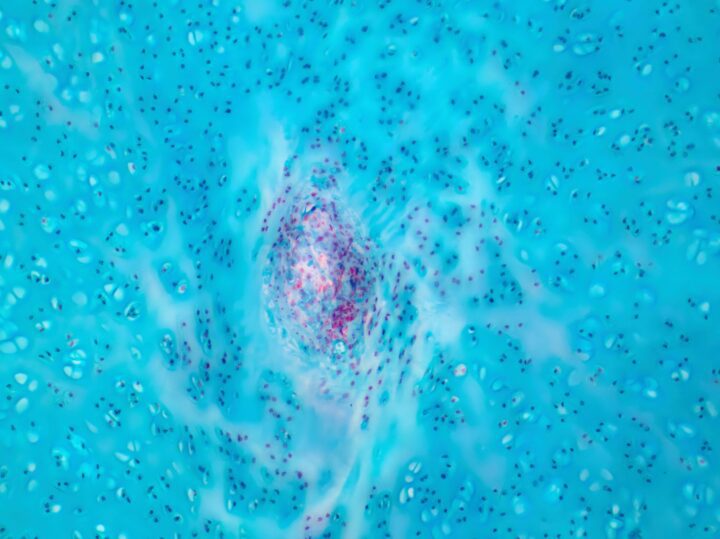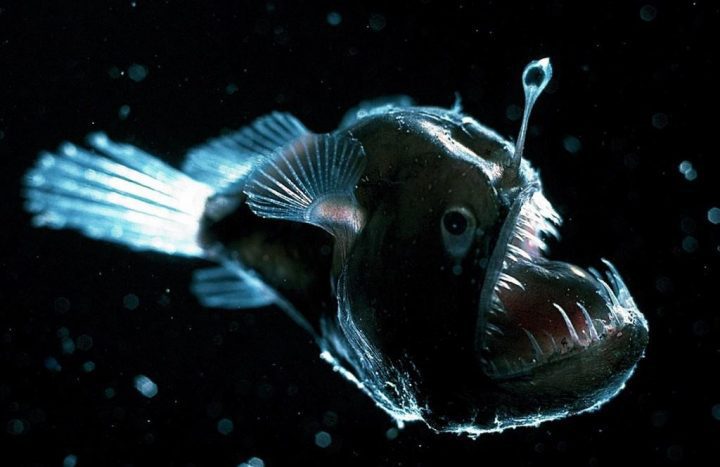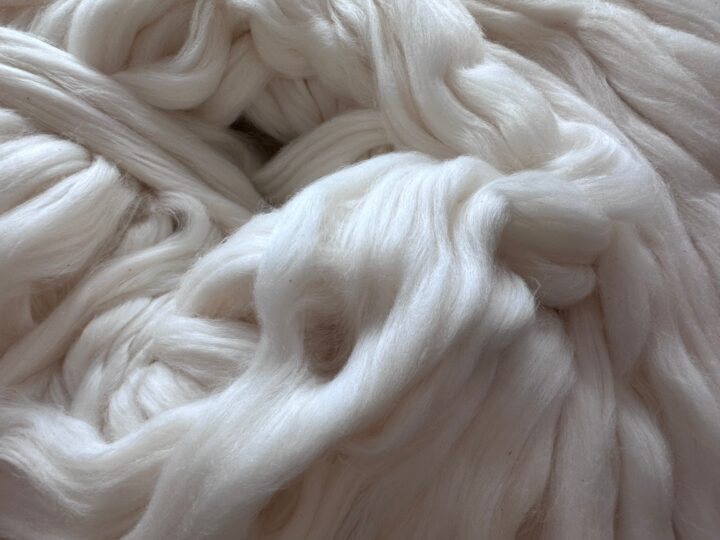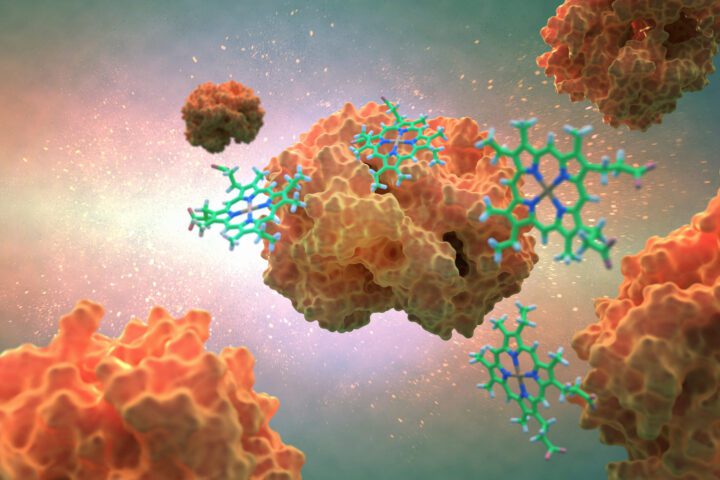Brewed Protein from Spiber is a synthetic form of spider silk produced from plant-derived biomass that provide an alternative to traditional textiles.
Benefits
- Bio-based
- Biodegradable
Applications
- Textiles
- Fabrics
- Resins
- Films
UN Sustainable Development Goals Addressed
-

Goal 11: Sustainable Cities & Communities
-

Goal 12: Responsible Production & Consumption
The Challenge
Textile production often utilizes a great amount of energy, which emits greenhouse gases. These greenhouse gases are harmful to people and the planet. Additionally, many textiles are made of petroleum-based materials that take hundreds of years to degrade. When these materials are discarded, the entire item or part of it could end up as pollution.
Innovation Details
Brewed Protein™️ materials are made from synthetic spider silk using plant-derived sugars as primary raw ingredients. Spiber designs genes that code for the desired structural proteins that will form the silk. Microorganisms are then engineered to produce these proteins with high productivity using fermentation. The proteins are then separated from the liquid mixture containing the microorganisms. These purified proteins are then dried and the resulting synthetic silk is processed into a variety of forms, such as fibers and films.
Biological Model
Spider silk is extremely strong and flexible despite being an incredibly thin and lightweight material. This is due in part to the multiple different chains that are interlinked to help provide stability. Between the connections are unlinked protein chains that also allow for significant elasticity.





